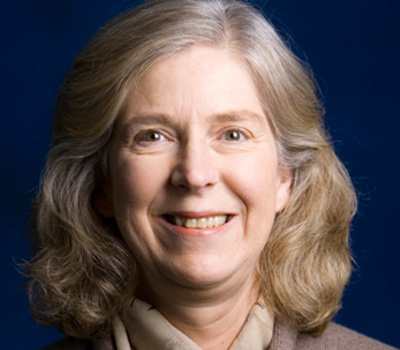Alkali (from fruits and vegetables or bicarbonate pills) and vitamin D can improve muscle and bone strength
Loss of muscle mass leads to falls and loss of bone mass makes it more likely that a fall will result in fracture. According to the World Health Organization, approximately 28-35% of people aged 65 and over fall each year. This rate increases to 32-42% for those over 70 years of age. The increase in falls within the senior population is related to the aging process itself - doctors know that after 50 years old, we lose bone and muscle mass. Given this knowledge, researchers are now trying to focus on optimal nutrition in order to slow or prevent the loss of muscle and bone mass and thus, enable quality of life to be restored for the aging population.
Dr. Bess Dawson-Hughes, of Tufts University, has dedicated her medical career to preserving senior patients' health and independence by investigating ways to reduce the bone and muscle wasting that occur with aging. Specifically, her research focuses on how nutrition can improve muscle and bone strength in older men and women. Using small, highly controlled human metabolic studies, large randomized controlled trials, and observational studies to determine how nutrients influence bone and muscle, Dr. Dawson-Hughes is working towards improving the quality of life as we age.
Dr. Dawson-Hughes' current focus includes:
-
Alkali: Americans generally eat diets that add acid to the body because the ingestion of protein and cereal grains which add acid are disproportionate to their intake of fruits and vegetables which provide alkali. Dr. Dawson-Hughes' research indicates that bone and muscle performance can be improved with the addition of alkali in the form of fruits and vegetables or bicarbonate pills. Her recent results indicate that a moderate dose of bicarbonate daily improved muscle power by 11% in older women. Future research goals include identifying the optimal amount of alkali and then testing that amount in a large randomized trial to assess whether it improves muscle strength and bone mass over a 3-year period.
-
Vitamin D: Dr. Dawson-Hughes' research suggests that an increase in vitamin D levels in the blood can lower the risk of fractures by 20%. However, because vitamin D is a threshold vitamin, once someone has enough of the vitamin, additional intake adds no further benefit. Dr. Dawson-Hughes is investigating the amount of supplemental vitamin D that would be optimal for the aging population and the degree to which it lowers risk of falls and fractures.
The goal of Dr. Dawson-Hughes' research is to reduce the rates of bone and muscle loss that occur gradually over many years and thereby to lower the risk of falls and fractures. This is incredibly important because these serious occurrences lead to the loss of independence and the inability to have enjoyable and productive lives as we age. Dr. Dawson-Hughes' strong focus on nutritional aspects of bone and muscle health contributed significantly to the evidence used by the Institute of Medicine in determining dietary intake requirements for older adults. Perhaps most importantly however, Dr. Dawson-Hughes' research works towards finding preventative solutions and treatments that can readily be a part of each of our daily lives as we age.
Bio
Bess Dawson-Hughes is a professor of medicine at Tufts University School of Medicine in Boston and the Director of the Bone Metabolism Laboratory at the Jean Mayer U.S. Department of Agriculture Human Nutrition Research Center on Aging at Tufts. She is a past-president and trustee of the National Osteoporosis Foundation, and the author of more than 335 journal articles, book chapters and reviews.
Dr. Dawson-Hughes first became interested in clinical research after college when she worked as a research assistant for a famous endocrinologist, Dr. John Potts, who was head of the endocrine division at the Massachusetts General Hospital in Boston. Her love of patient care and inspired interest in research led her to combine the two and become a clinical researcher.
In addition to her professorship, Dr. Dawson-Hughes is a founding director of the Center for the Advancement of Science in Space, Vice President of the International Osteoporosis Foundation, and was named one of the most highly cited researchers by Thomson Reuters.


